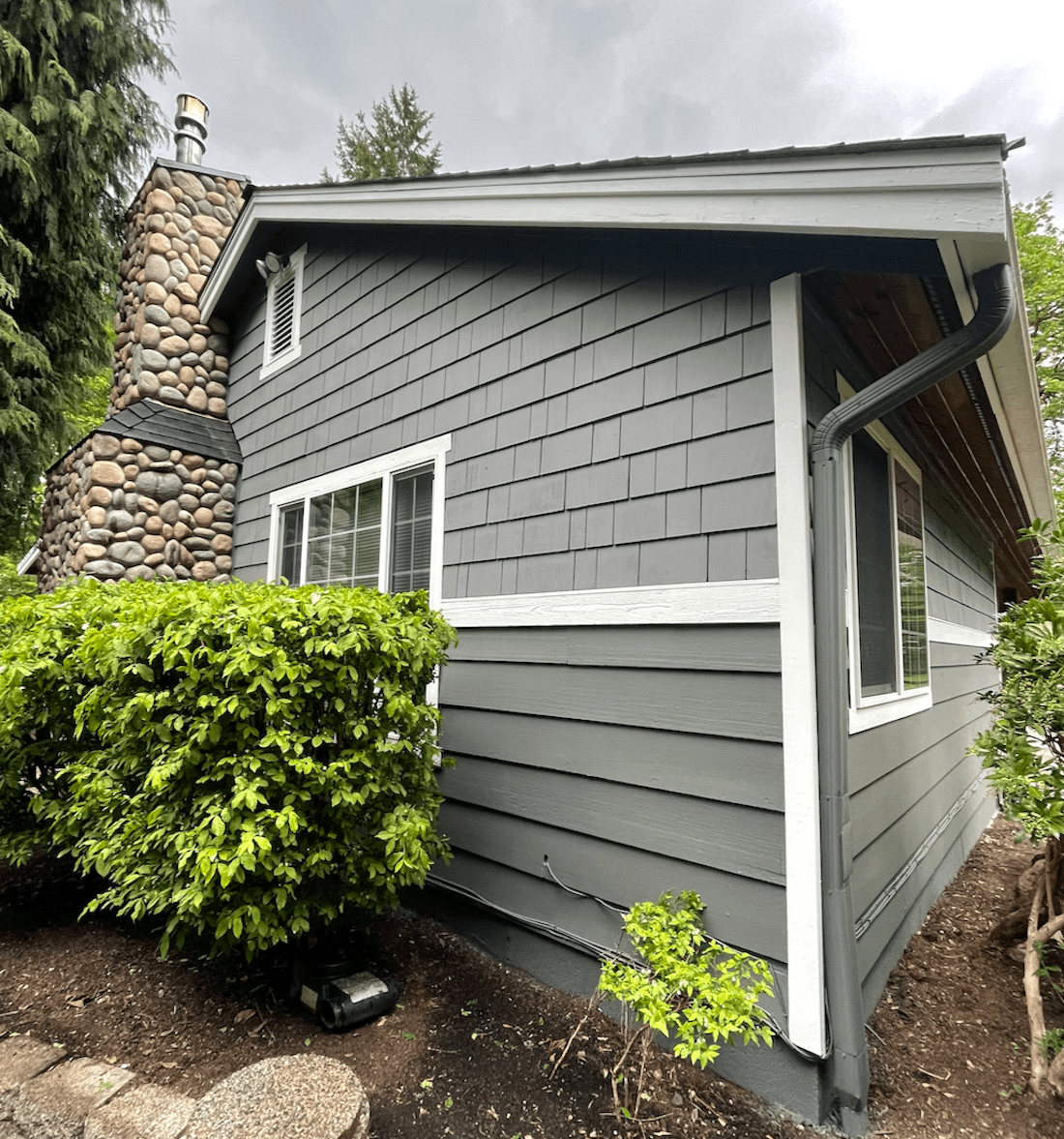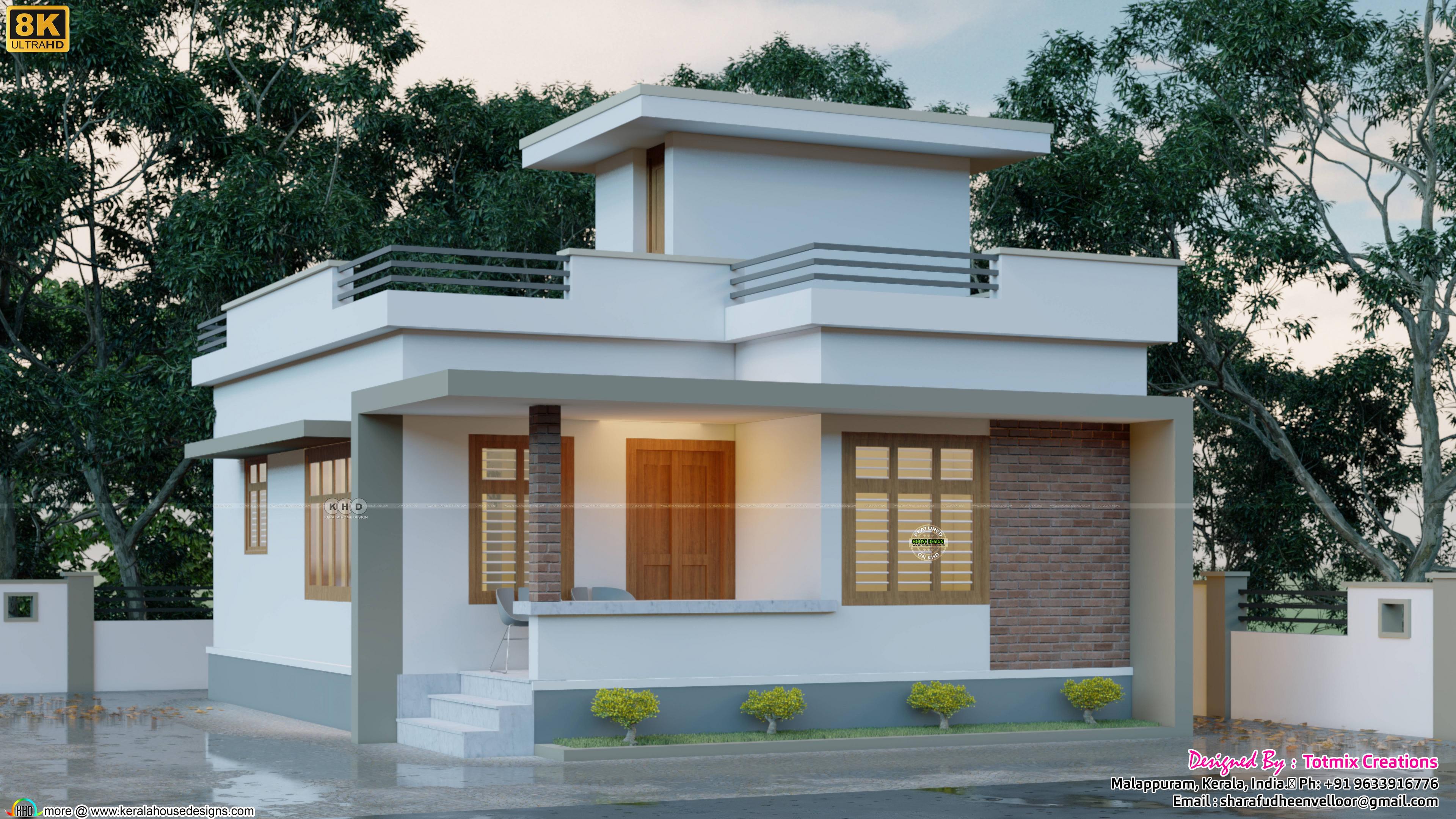
There are many things to take into account when you're looking for the best exterior painting for your home. You want to choose a paint that will stand up to the elements and withstand your climate, especially if you live in a rainy region. You want to ensure that the paint is resistant to mold and mildew. Selecting the right paint will help you save time as well as money. High-quality pigments and thicker layers will ensure that you get long-lasting coverage.
The best paints are not only resistant to dirt and rain, but also will resist UV rays and fade. There are a variety of finishes available, such as flat, semi-gloss, and gloss. Each finish has a different level of protection.
Benjamin Moore Ben Soft Gloss finish is the best choice for exterior siding. This paint resists mildew and is suitable for brick and shingles. It comes in a range of colors.

Glidden High Gloss Trim Paint, Door, and Furniture Paint is easy and gives solid color coverage. It does not require primer. Gel-Flow technology creates a shiny, smooth surface. To clean the surface after painting, mineral spirits will be required. It can be applied to aluminum siding and wood.
Rust Oleum Door Paint can be used to paint doors. It's a quick-drying paint that provides protection for new doors. Although you can apply one coat of paint to the door, it may be necessary to prime the door beforehand. It is a low VOC paint. It can be used to coat metal doors.
You should also be aware of the paints' temperature and humidity. A mildew-resistant formulation is required if you live near a humid environment. For areas that receive lots of sunlight, you will need a paint with a UV-resistant formula.
If you have children or pets, you will need to select a paint that is free of chemicals that could cause toxins to enter their bodies. For information on these issues, check out the manufacturer's website. For help in choosing the right paint, check out customer reviews.

You should also consider how easy the exterior paint will move. Paint will move with siding and other surfaces. You have the option of a water-based and a latex paint. The latter can also be used on vinyl siding, hardboard siding or masonry. Zinsser WaterTiteLX Ultra Mold Proof Waterproofing paint is also available for cement or concrete walls.
The last criteria to test is tensile strength. This will guarantee that the paint will resist wear and tear for a lifetime. You can find a variety of paints that meet this criteria, including Valspar Exterior Paint and Sherwin Williams Duration Exterior Latex.
FAQ
How to quickly sell my home without having to pay realtor fee?
It is important to start looking for buyers as soon as possible if you wish to quickly sell your home. This means you need to be open to any offer the buyer makes. But, you may lose potential buyers if your wait is too long.
Do I require permits to renovate a house?
Permits are required before you can start any home improvement project. A building permit and plumbing permit are required in most cases. A zoning permit may be required depending on what type of construction you are doing.
How Much Does It Cost To Renovate A House?
The type of material, the project size and the complexity of renovations will all impact the cost. Some materials like wood need additional tools, like saws or drills, while others like steel don't. The price of renovations will depend on whether you need your contractor to do everything or if the work is done by you.
The average cost for home improvements projects is $1,000 to $10,000. The average cost of home improvement projects would be between $5,000 and $25,000. If you hire professionals, the cost would be between $5,000 and $25,000. However, if the task is done entirely by yourself, the cost could rise to as high as $100,000.
There are many factors that influence the final cost of renovations. You should consider the material used, such as brick vs concrete. Brick vs. concrete, the project's size, the number and duration of workers, etc. You must always keep these factors in mind when estimating the total cost of renovation.
Should you do floors or walls first?
The best way to start any project is by deciding on what you want to achieve. It is crucial to plan how you'll use the space, what people will use it for, and why. This will help you choose flooring or wallcoverings.
You may want to lay flooring before you create an open-plan kitchen/living space. If you have chosen to make this room private then you could opt for wall coverings instead.
Statistics
- It is advisable, however, to have a contingency of 10–20 per cent to allow for the unexpected expenses that can arise when renovating older homes. (realhomes.com)
- They'll usually lend up to 90% of your home's "as-completed" value, but no more than $424,100 in most locales or $636,150 in high-cost areas. (kiplinger.com)
- The average fixed rate for a home-equity loan was recently 5.27%, and the average variable rate for a HELOC was 5.49%, according to Bankrate.com. (kiplinger.com)
- On jumbo loans of more than $636,150, you'll be able to borrow up to 80% of the home's completed value. (kiplinger.com)
- A final payment of, say, 5% to 10% will be due when the space is livable and usable (your contract probably will say "substantial completion"). (kiplinger.com)
External Links
How To
Five Things You Need to Know Before You Begin Your Home Renovation
-
Do you really want this? If you're planning on embarking on major home improvement projects like renovating your kitchen, bathroom, or building a brand new house, it's certain that you'll need to have some assistance. It's possible to feel overwhelmed by such a large project. It can take up your time and cost you money. You won't reap the benefits. Instead, hire someone who has experience in this field to assist you. These people will save you time, stress, and provide a beautiful place to live in.
-
How much should I budget? This is a common question, but it can make renovations more expensive. It's because you'll most likely be responsible for paying back the majority of the costs. If you have a budget in place, stick with it. Otherwise, you could end up paying a fortune without getting anything in return.
-
Do I hire professionals or do I need to DIY? - There is no right or incorrect answer. However, we recommend hiring professional tradespeople when you can afford them. They'll give you the best advice possible on how to proceed with your particular project. For example, they'll be able install the plumbing correctly, ensure that everything is done safely, and provide you with a warranty when they finish their work. On the flip side, DIY projects usually involve lots of trial and error, which means you'll have to learn a lot of lessons the hard way. There will be many problems along the way.
-
How much can I afford it? - Don't underestimate the cost of a renovation project. Even if the project seems manageable, it could prove costly and you will need to borrow money. It is also important to consider the selling price of your current property when you plan on selling it soon after you have completed the renovations.
-
Where should I begin? There is no wrong or right place to start when it comes time to choose where to begin. We suggest you choose something you like to do. This will help you stay motivated and make it less likely that you procrastinate. Also, avoid places that are difficult to maintain. You shouldn't redecorate your living space if you are constantly cleaning up dirt and dust.